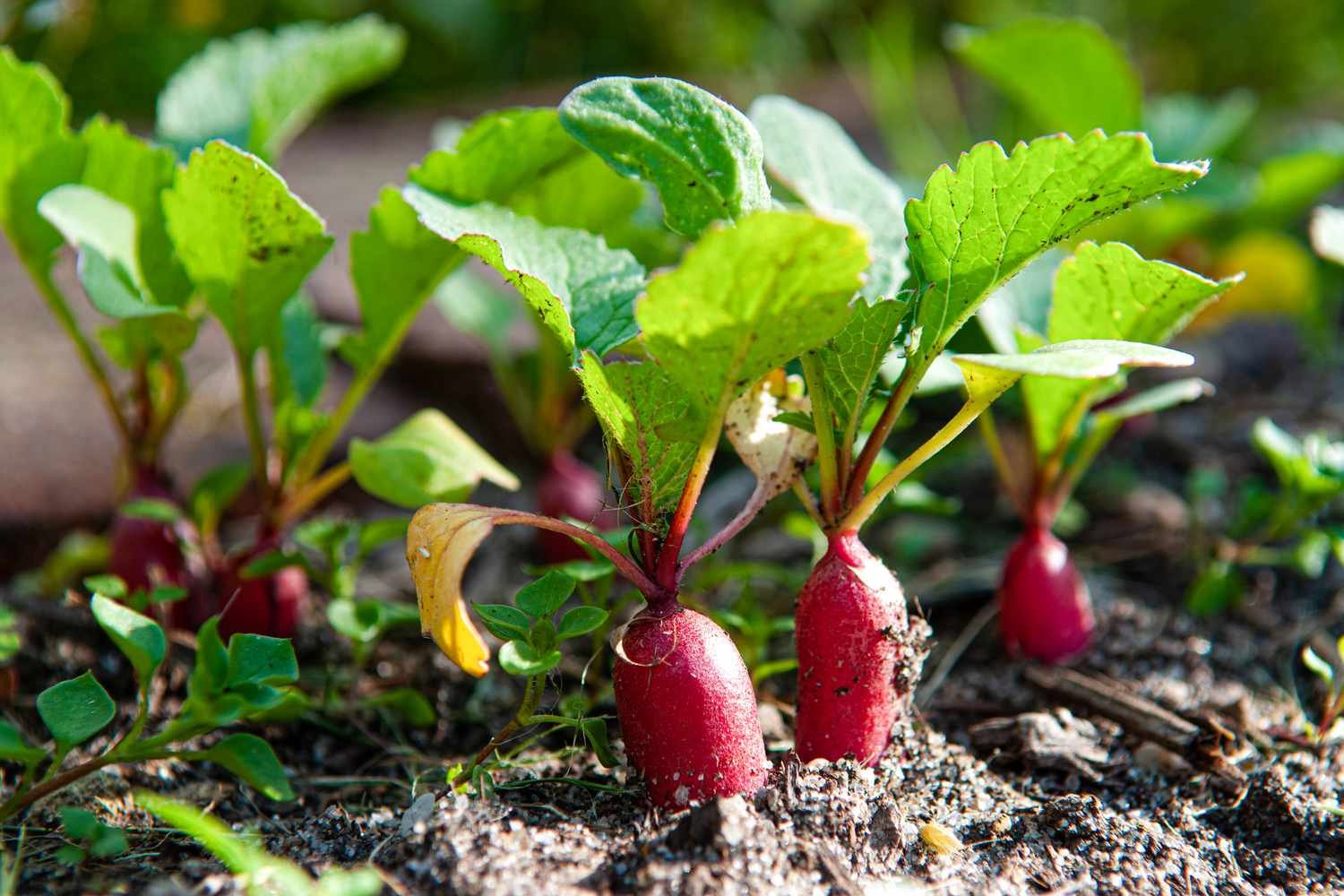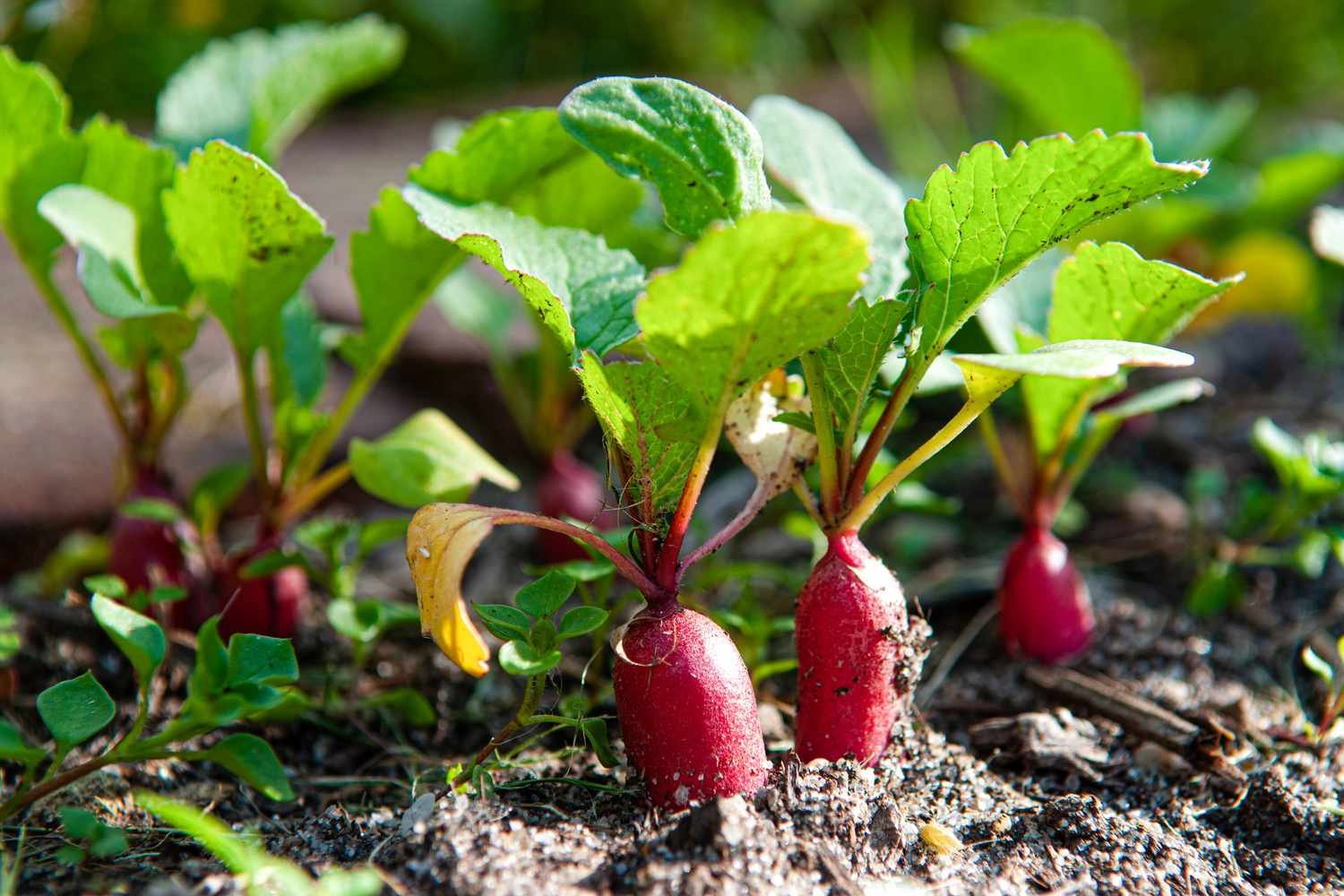Keeping your garden healthy and disease-free is essential for ensuring that your plants thrive and produce abundantly. Garden diseases can quickly spread and devastate your plants if left unchecked, but with a proactive approach and proper precautions, you can protect your garden from disease and enjoy a vibrant and productive outdoor space. In this article, we’ll explore effective strategies for protecting your garden from disease, including prevention, early detection, and treatment options.
Understanding Garden Diseases
Garden diseases can be caused by fungi, bacteria, viruses, or environmental factors, and they can affect a wide range of plants, including vegetables, fruits, herbs, and ornamentals. Common garden diseases include powdery mildew, leaf spot, blight, rust, damping-off, and root rot. These diseases often manifest as discolored or distorted foliage, wilting, stunted growth, and premature leaf drop, and they can spread rapidly under favorable conditions, such as warm temperatures, high humidity, and poor air circulation.

Prevention is Key
Preventing garden diseases is often more effective than trying to treat them once they appear. Here are some key strategies for preventing diseases in your garden:
- Healthy Soil: Start with healthy soil by amending it with organic matter, such as compost or aged manure, to improve soil structure, fertility, and microbial activity.
- Plant Selection: Choose disease-resistant plant varieties whenever possible to reduce the risk of infection. Look for varieties labeled as resistant to common diseases in your area.
- Proper Spacing: Plant your garden beds with proper spacing to allow for good air circulation around plants, which can help prevent the spread of disease.
- Crop Rotation: Rotate your crops each season to prevent the buildup of disease-causing pathogens in the soil. Avoid planting the same crops in the same location year after year.
- Watering Techniques: Water your plants at the base rather than overhead to keep foliage dry and reduce the risk of fungal infections. Water in the morning to allow foliage to dry before nighttime, which can help prevent the development of diseases.
Early Detection and Monitoring
Regular monitoring of your garden is essential for early detection of disease symptoms. Inspect your plants regularly for signs of disease, including discolored or distorted foliage, lesions, wilting, and abnormal growth. Keep a close eye on new plantings, as well as plants that are stressed due to environmental factors such as heat, drought, or poor soil conditions. If you notice any suspicious symptoms, take action immediately to prevent the spread of disease to other plants.
Treatment Options
If garden diseases do occur, there are several treatment options you can try to manage the problem:
- Pruning: Remove and destroy infected plant parts to prevent the spread of disease to healthy tissue. Disinfect pruning tools between cuts to avoid spreading pathogens.
- Fungicides: Apply fungicides labeled for the specific type of disease affecting your plants, following package instructions carefully. Consider using organic fungicides for a more environmentally friendly approach.
- Natural Remedies: Some gardeners swear by natural remedies such as neem oil, garlic spray, or copper fungicides to help control fungal diseases. Experiment with different remedies to see what works best for your garden.
- Biological Controls: Consider using beneficial insects or microbes, such as predatory nematodes or beneficial bacteria, to help suppress disease-causing pathogens in the soil.
Conclusion
In conclusion, protecting your garden from disease requires a combination of proactive measures, early detection, and effective treatment options. By implementing strategies such as healthy soil management, plant selection, proper spacing, crop rotation, and watering techniques, you can minimize the risk of disease and keep your garden thriving year-round. Stay vigilant, monitor your plants regularly, and take prompt action at the first sign of trouble to prevent the spread of disease and preserve the health and beauty of your garden. With a little effort and attention to detail, you can enjoy a disease-free garden that brings joy and satisfaction for seasons to come.











